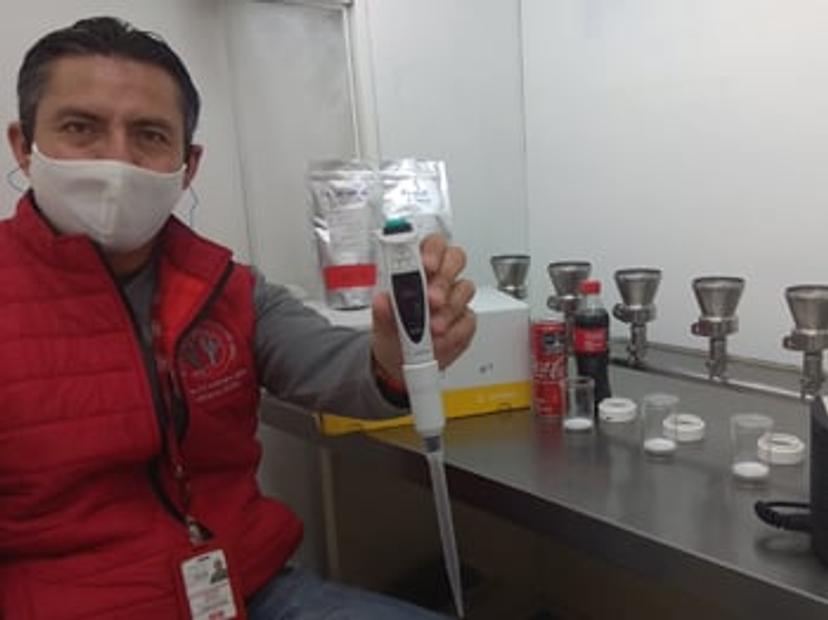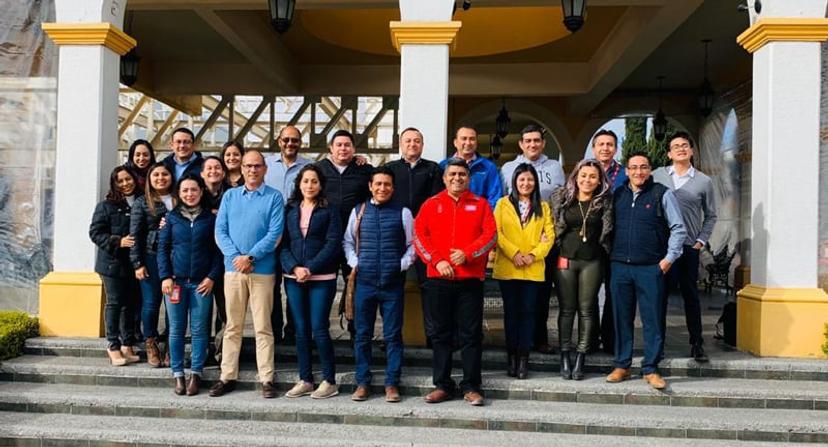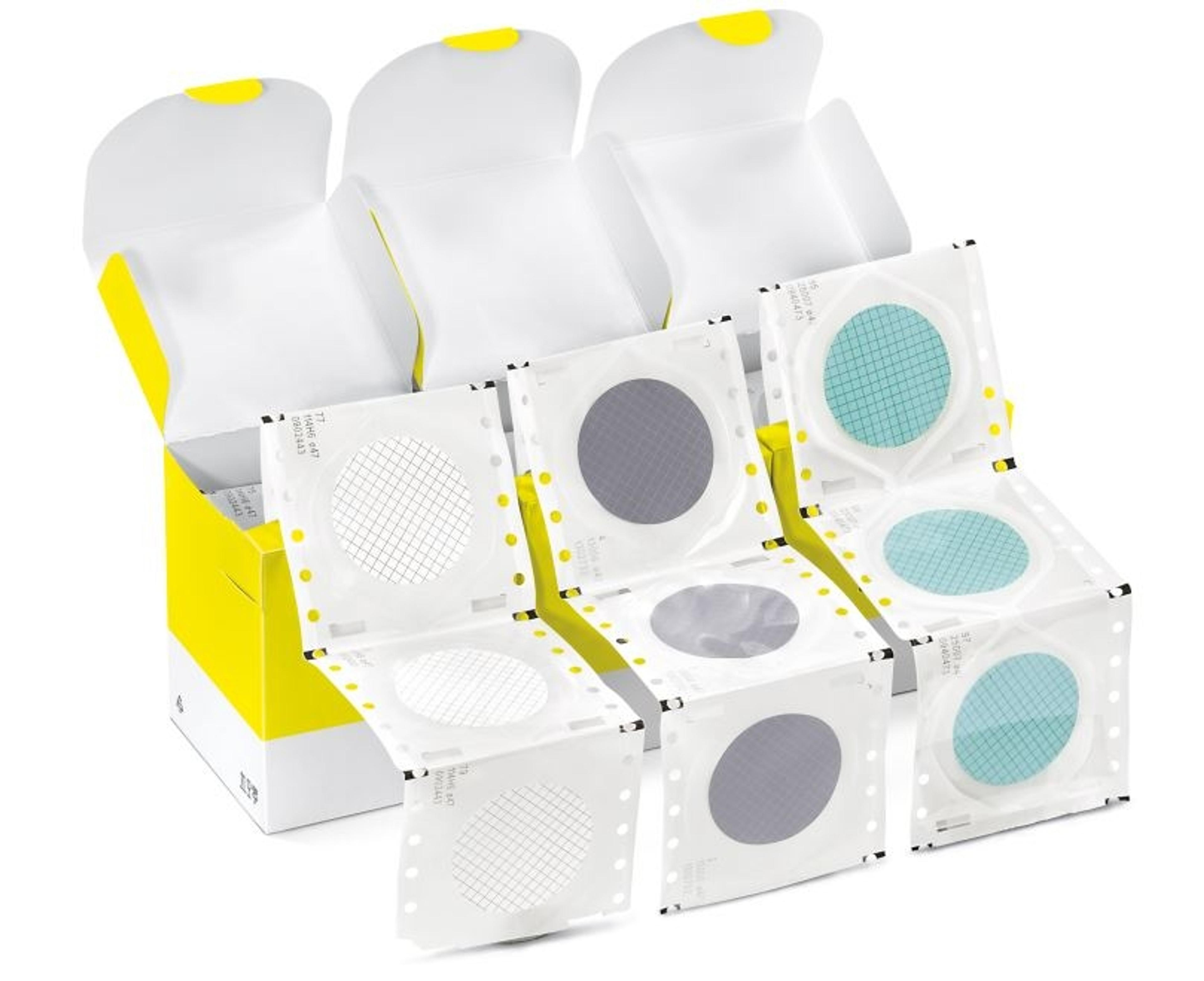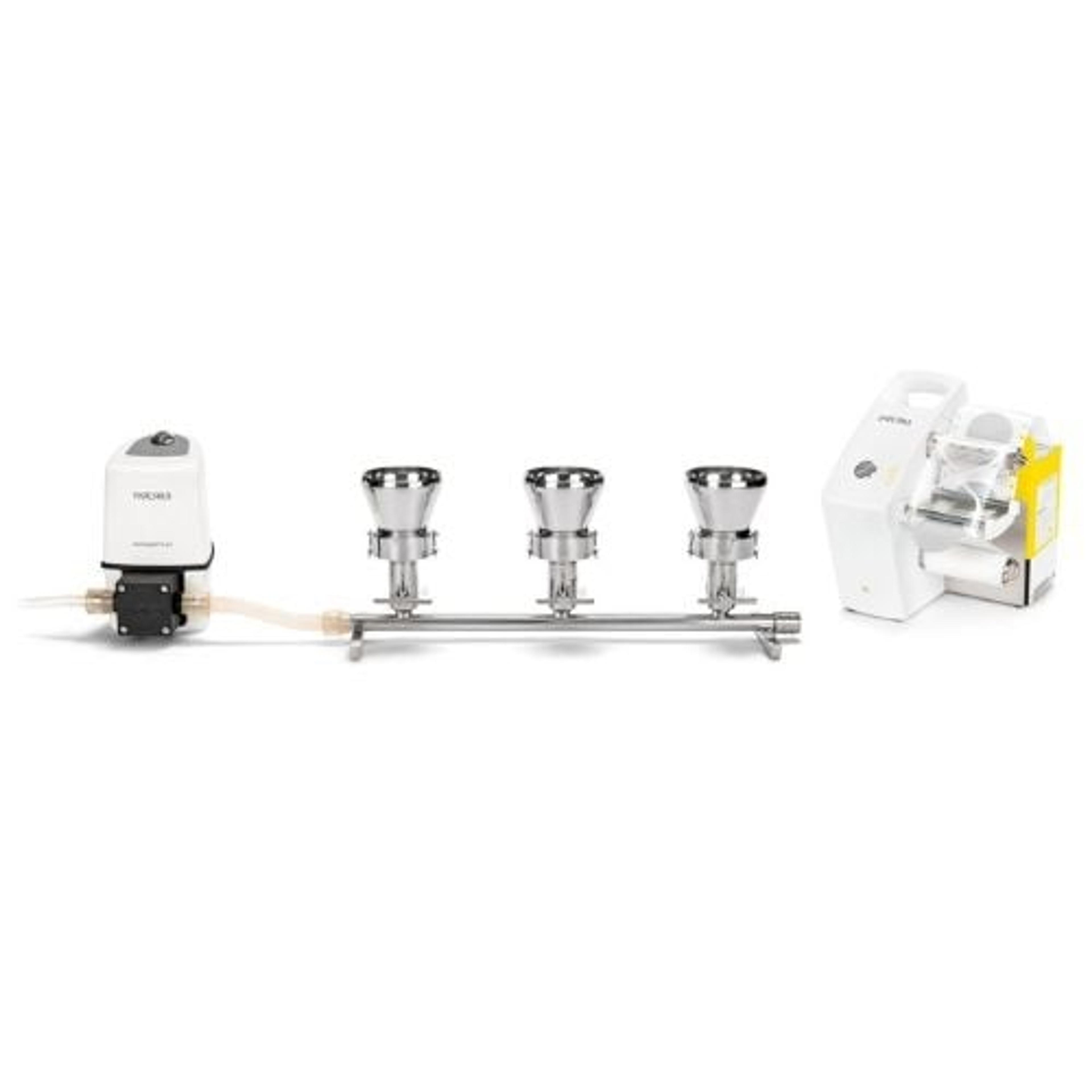How Coca-Cola bottlers perform microbiological QC checks
Detecting the presence of undesirable microbes is an integral step in maintaining quality and safety at Coca-Cola
3 Dec 2020

As a global leader in the beverage industry, The Coca-Cola Company partners with hundreds of bottlers worldwide, operating at a local scale in different regions. Every drink manufactured needs to pass through meticulous safety and quality standards before it reaches the consumer and, as part of the quality control (QC) process, analytical and microbiological tests are performed at local bottling sites. In this exclusive SelectScience® interview, we learn more about the QC processes at Coca-Cola FEMSA, a leading bottler in Latin America that serves more than 290 million people through plants spread across 10 countries. Christhian Contreras Quiroz, Process Quality Chief at the México division of Coca-Cola FEMSA, shares how regulatory standards are met at every bottling site.
With a highly controlled process for making its beverages, the workflow at Coca-Cola FEMSA begins with a water treatment stage, followed by diluting the propriety concentrates and adding relevant flavors. Each step requires a QC checkpoint. Starting with the raw materials such as concentrates, additives, flavors, and water, QC is performed throughout the production chain, from dosing and mixing to bottling. “I oversee the quality of the treated water, the simple syrup (sugar plus treated water), and the final syrup (the simple syrup plus the proprietary concentrate) at the Coca-Cola FEMSA sites,” says Quiroz. “I’m responsible for the sensory program and the microbiology control at every step of the manufacturing process. As a part of my role, I implement, maintain, and improve the quality and food safety requirements in these processes.”
The sugar content, low acidity, mild carbonation, few preservatives, and short shelf life can make these soft drinks susceptible to spoilage from a wide range of microorganisms. Having a robust microbiological QC process is, therefore, critical to maintaining consumer health and safety. “Soft drink quality includes flavor, smell, appearance, sugar content, and carbonation volume. Any deviation in these parameters can indicate spoilage, resulting in poor quality and ultimately, a suboptimal experience for the customer,” explains Quiroz.
Certified staff members on the production line test for the presence of undesirable microbes using standardized protocols. The QC microbiology protocol is designed to detect spoilage microorganisms in the manufactured beverage by passing the samples through membrane filters of specific sizes. “For microbiology QC control, we use Sartorius sterile cellulose nitrate membrane filters, the Microsart® manifolds, and portable environment testers,” Quiroz tells us. “We then culture the pathogens, yeast, and molds retained on the membrane to perform a total count.”

Water used in the production of soft drinks needs to adhere to the same purity standards as drinking water. “We use Sartorius filters in our drinking water filtration system. This is a preventive measure against microbiological growth,” notes Quiroz. “In the past, the filters we used in the drinking water system didn’t meet microbiology specifications. Now, with the Sartorius filters, we’re able to meet these specifications as well as obtain a longer filter life.” Quiroz continues: “As for the microbiology membrane filters, they are high-quality products that provide reliable results and save us time in the laboratory by eliminating unnecessary repeats.”
Key characteristics of Sartorius membrane filters that make QC microbiological testing more efficient:
- Accurate microbial identification and quantitation due to ample contrast between the colonies and the colored filters
- Easy colony counting as a result of clear colony morphology and distinct gridlines
- Gridlines don’t interfere with microbial growth
- Higher recovery rates of microorganisms
- Faster flow rates with ‘high-flow’ membranes
Beverage quality, consumer health, and brand trust are all protected by stringent QC measures that extend beyond microbiological tests. Coca-Cola FEMSA has implemented a ‘total quality management system’ that follows the regulatory guidelines imposed by the International Organization for Standardization (ISO), along with the operation requirements mandated by The Coca-Cola Company. “In addition to that, our legal department advises us on all the applicable local regulations that we need to comply with. Our compliance standards and QC effectiveness are evaluated by regular internal and external audits,” says Quiroz. By fostering a company culture that values quality and provides the technical skills to manage risks, Coca-Cola FEMSA is all set to continue manufacturing and delivering products that meet the highest safety standards.
Find out more:


